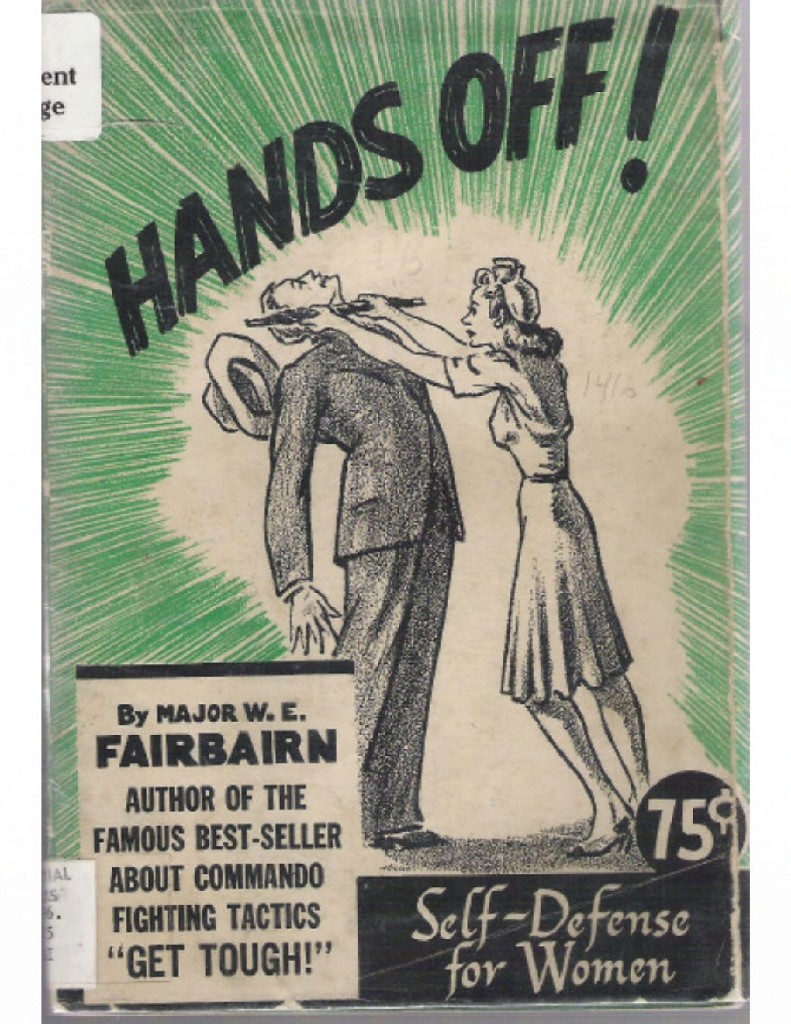By: Levi Grayshon, Manchester, England, SSH Correspondent

When you hear someone’s street harassment story, it is very easy to tell them “you should have…” or “If I was you, I would…”, but most of the time, it is not so simple.
Reacting in a certain way can only antagonise the harasser, placing the victim in a much more dangerous and/or hostile situation. In addition to this, it may be frightening for the victim to challenge their harasser, especially with aggression, particularly if they are alone and are being targeted by multiple people.
When harassed, it is easy to feel as though you are at fault. When a stranger is shouting lewd comments at you, or touching you, or wolf whistling at you, it is easy to feel small, hurt and under threat. It is hard to remember that it the harassers problem, and not yours. We are told as women to be polite, and that it happens because men are trying to show us that they find us attractive, but when telling friends about situations in which we were harassed we get asked why we didn’t act more assertively, so it’s little wonder that figuring out how to react to harassment is often so confusing, as well as scary.
Something that can make harassment situations a lot easier to handle is the involvement of allies in the street. When other men tell the harasser what he is doing wrong, it can soothe the problem. It is not ideal (and a world when harassers actually listen to the victim – wait, a world where there are no harassers – would be much better), but educating the harasser is a much better way to ease the problem, rather than fighting it with more aggressive behaviour. The recent youtube video, “Shit Men Say to Men Who Say Shit to Women in the Street” highlighted that not all men are on the same team as men who harass, and are willing to speak up against them. Unfortunately, in a lot of instances, bystanders feel uneasy about becoming involved.
Some more helpful Stop Street Harassment tips are to be firm with the harasser, and avoid being apologetic, whilst calling them out on their unsavoury behaviour, but without insulting them. Following on from this, try to avoid engaging further with the harasser (as tempting as it may be if they try to argue with you), and to keep moving, detaching yourself from the situation. As well as this, it may prove helpful to report the harasser, for instance, if they are wearing a uniform, or driving in a company vehicle. Even threatening to report them (especially to their employer) can encourage the harasser to see what they are doing wrong.
Even some institutions are going out of their way to ensure that women feel safer in public. For instance in Tokyo, women’s only carriages were introduced on the problematic Saikyo line a few years ago, the route used by many schoolgirls, and labelled a “gropers paradise” by many. Even male commuters welcomed the changes. But is segregation the answer? Would education not work better?
There is no right or wrong answer to the question “what should I do when I am harassed in the street?”, but there is one thing to remember– you are not the one in the wrong.
[Check out the new book 50 Stories about Stopping Street Harassers for more ideas.]
Levi graduated from university with a degree in Film and TV screenwriting this summer. As a freelance writer, she has been writing for The F-Word and Gamer-UK. You can follow her rants and ramblings on Twitter, @part_heart.
